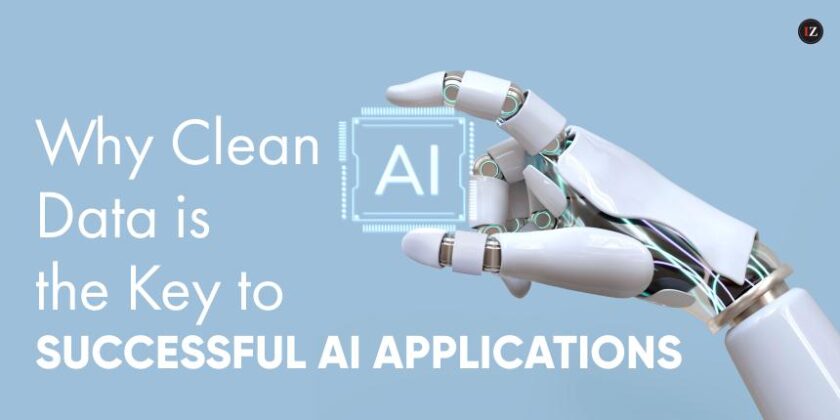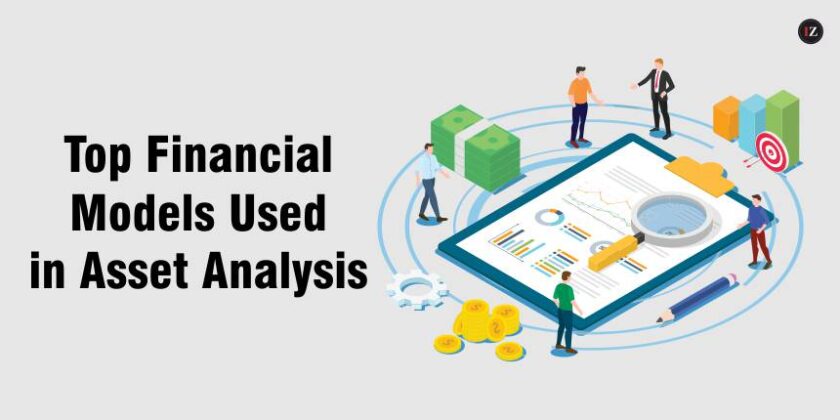Many in the business community view IoT devices as interesting consumer gadgets, like the Fitbit or the Apple Watch. Increasingly, though, IoT devices are coming into their own for business and industrial use, and in the process reinventing such industries as healthcare. It has great potential and multiple applications, from remote monitoring to medical device integration.
Visualize a future in which all healthcare specialists that are involved in the care for a patient have easy access to the same general view of that patient whether it’s in a high-tech hospital room where the patient is about to undergo a life-saving operation, or during a video consult with a patient who calls for advice based on the latest health readings from her home therapy device.
Most IoT initiatives in healthcare revolved around the improvement of care as such with remote monitoring and telemonitoring as main applications in the broader scope of telemedicine. A second area where many initiatives exist is tracking, monitoring and maintenance of assets, using IoT. This is done on the level of medical devices and healthcare assets, the people level and the non-medical asset level.
Improving functioning efficiency :
Smart healthcare devices provide patients with real-time personalized health status. They remind the patient to check their regular health status. In case of any medical emergencies like heart failure or an asthma attack, the device notifies earlier and helps to contact directly with the doctor. The mHealth app creates a different way for doctors to take care of their patients. Telehealth, telemedicine, and remote patient health monitoring have assisted in saving patient’s lives in case of medical emergencies
Inventory management :
IoT will also be important in inventory management. Hospitals and doctor’s offices often contain controlled substances, medications, and other important equipment; using IoT tech can help keep track of all these important items, and ensure they aren’t being used for the wrong patient or falling into the wrong hands. Paperless hospitals and clinics which use central electronic health records (EHR) to manage their patient’s data. Smart hospitals offer some benefits to healthcare facilities such as patient engagement, streamlining communication, hospital assets tracking, workflow optimization, etc.
Real-time monitoring :
Smart healthcare devices provide patients with real-time personalized health status. They remind the patient to check their regular health status. In case of any medical emergencies like heart failure or an asthma attack, the device notifies earlier and helps to contact directly with the doctor. As the IoT enables ongoing health monitoring through wearable technology and personal health records, healthcare professionals now also have much better means to keep track of a patient’s health outside the hospital both prior to and after a medical intervention. This can help to get patients in optimal condition, shorten hospital length of stay, and prevent avoidable readmissions.
Better patient experience :
Being connected to the healthcare system through the internet, increases the interest level of patients as well as doctors able to improve diagnosis accuracy with the help of real-time health data. IoT will also revolutionize remote patient monitoring, especially for patients who have medical devices to manage. For example, IoT could make it simpler and easier to check your blood sugar on a regular basis, or could tell you when your blood pressure is rising above normal. Connected devices could send this feedback, in real-time, to your primary care physician, who may be able to take intervening action faster than ever.With the use of this technology-based healthcare system, the quality and efficiency of treatments have improved. Today, there are numerous applications of IoT in healthcare that are benefiting patients, families, hospitals and doctors in a big wayIoT enabled smart and connected solutions like smart sensors, wearable devices, and smart health monitoring systems are used to unleash the potential growth of the healthcare industry. They will do this by improving the treatment using efficient health tracking. The growing popularity of IoT in healthcare and medical fields has raised modern techniques. Digital healthcare systems leverage IoT and big data to have a seamless digital connection with the patient. These systems are also being increasingly connected via the internet to various types of medical wearable technologies that help us with real-time patient information.




